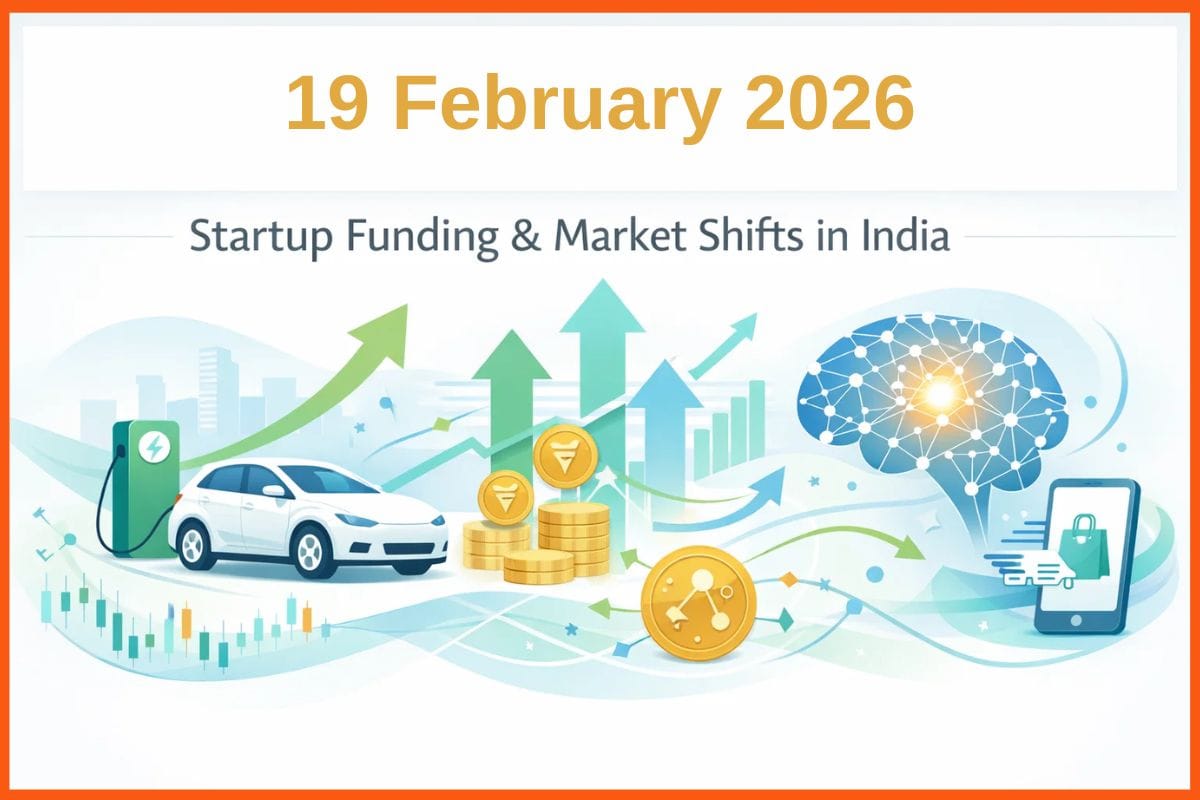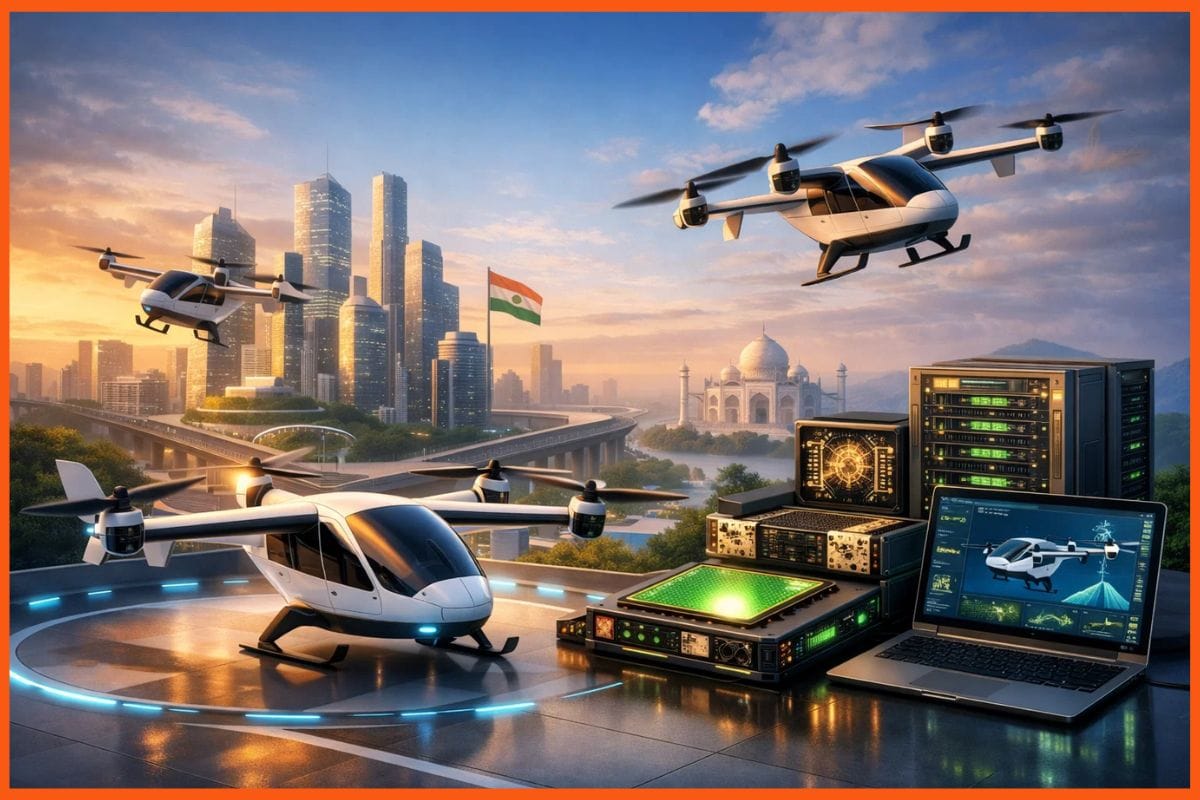Best AI Agents in 2025: A Detailed Comparison
Collections 🗒️
AI agents are the new black for the years to come. They're crazy, magically good in so many ways and one simply can be spoilt by the convenience that these agents bring to the table. We're about to explore the cream of the crop in 2025, showcasing the most impressive and capable artificial intelligence that are changing the game. We'll compare flagship AI agents, examine open-source options, and highlight specialised AIs that excel in specific fields. We'll also peek into the B2B arena to see how AI agents are transforming business operations. Finally, we'll gaze into our crystal ball to predict what's on the horizon for these digital helpers. Ready? Fasten up your seat belts. Here we go!
GPT-4o vs Project Astra: Flagship AI Agents Compared
Open-Source AI Agents: Auto-GPT, Superagent, and AgentGPT
Specialised AI Agents: Devin AI, ChemCrow, and Tusk
B2B Focused AI Agents: Aomni and Cognosys
The Future of AI Agents: Trends and Predictions
GPT-4o vs Project Astra: Flagship AI Agents Compared

We're about to dive into an exciting comparison of two cutting-edge AI agents that are making waves in the tech world: OpenAI's GPT-4o and Google's Project Astra. These flagship AI models are pushing the boundaries of what's possible in artificial intelligence, offering capabilities that go far beyond traditional chatbots or voice assistants.
GPT-4o and Project Astra Overview
GPT-4o, the latest iteration from OpenAI, is a multimodal powerhouse. It's designed to process and generate text, images, and even code, making it a versatile tool for various applications. On the other hand, Google's Project Astra aims to create a universal AI agent that seamlessly integrates with Google's ecosystem, including Android, Google Pixel, and smart glasses.
Both these AI agents have one thing in common: they can process the real world through audio and visual inputs, providing intelligent responses and assistance in real-time. This marks a significant shift from conventional language models to more interactive and context-aware AI systems.
Key Features Comparison
When it comes to features, GPT-4o shines with its ability to generate creative content, answer complex questions, and assist with tasks like coding and data analysis. Its multimodal nature allows it to handle various types of inputs and outputs, making it suitable for diverse use cases.
Project Astra, powered by advanced versions of Gemini Ultra, boasts unmatched multimodal capabilities. It can process audio, images, video, and text inputs for a comprehensive user experience. One of its standout features is its ability to harness smartphone cameras to gain insights into users' environments, enhancing its context understanding and response relevance.
Use Cases and Applications
Both AI agents are set to revolutionise various industries. GPT-4o excels in generating human-like text, understanding complex queries, and providing real-time responses. It's particularly valuable in fields ranging from customer service to education.
Project Astra, with its integration into Google's ecosystem, aims to enhance daily tasks by providing real-time assistance. Whether through smart glasses or mobile devices, it can identify objects, answer queries, and even remember past visuals no longer within the camera's view.
In education and training, these AI agents can act as personal tutors, customising themselves based on a student's learning style. In healthcare, they could assist medical professionals by providing real-time analysis and diagnostic support.
| Agent | Plan Name | Price |
|---|---|---|
| GPT-4o | Per Input & Output | $2.50 / 1M input tokens |
| $1.25 / 1M cached** input tokens | ||
| $10.00 / 1M output tokens | ||
| Project Astra | Astra Pro | $47 Annually |
| Essential Toolkit | $77 Annually | |
| Business Toolkit | $147 Annually | |

Open-Source AI Agents: Auto-GPT, Superagent, and AgentGPT

Open-source projects will always be making waves, democratising access to powerful AI tools. We're about to dive into three standout players: Auto-GPT, Superagent, and AgentGPT. These innovative platforms are changing the game, allowing developers and enthusiasts alike to create and deploy sophisticated AI agents without breaking the bank.
Open-Source AI Agents Overview
Auto-GPT has taken the AI community by storm, becoming one of the most popular open-source projects ever created. It's designed to be an autonomous assistant capable of tackling complex tasks. What sets it apart? Well, after you input a text prompt, Auto-GPT uses GPT-4o and GPT-4 to analyse your goal and break it down into manageable subtasks. It's like having a digital project manager at your fingertips!
Superagent, on the other hand, is all about empowering developers to create, host, and manage AI agents without getting bogged down in complex coding. It's a platform that simplifies the process of building autonomous agents for various applications, from web research to sales and marketing.
AgentGPT is another exciting player in this space. It allows users to create and deploy autonomous AI agents directly in a web environment. Unlike traditional chatbots, these agents are designed to handle broad, goal-oriented tasks with impressive efficiency.
Capabilities and Features
When it comes to capabilities, each of these platforms brings something unique to the table. Auto-GPT shines in areas like social media content creation, text translation, and web design. It's like having a multi-talented virtual assistant at your beck and call.
Superagent's strength lies in its customisation capabilities and robust integrations. We love how it allows users to tailor AI agents using simple markup, making it accessible even to those who aren't AI experts. It seamlessly connects with tools like Airtable, Salesforce, and various APIs, enhancing its versatility.
AgentGPT stands out with its user-friendly interface and powerful features. It offers user authentication, agent-run saving and sharing, dynamic translations, and AI model customisation. What's more, its web browsing capabilities expand the agents' knowledge base, while vector databases enable long-term memory retention. This combination allows for more contextually aware and capable AI assistants.
Community and Development
The open-source nature of these projects has ignited vibrant communities and rapid development. Auto-GPT and AgentGPT, in particular, have captured the imagination of developers worldwide. The idea of agents has truly struck a chord, with people scrambling to create tools and companies around the concept.
Superagent recently raised a significant pre-seed funding round from Y Combinator, highlighting the growing interest in this space. Meanwhile, AgentGPT, developed by Reworkd, has already amassed over 400,000 users since its beta launch. As we look to the future, it's clear that these open-source AI agents are just the beginning. They're paving the way for more sophisticated, autonomous AI assistants that could revolutionise how we interact with technology and solve complex problems.
| Agent | Plan Name | Price |
|---|---|---|
| Auto-GPT | Just try'n it out | €5.99 |
| Power User | €23.99/Month | |
| Business | €59.99/Month | |
| Superagent | AI Assistant Lite | $9/Month |
| AI Assistant Pro | $59/Month | |
| Team Member | Custom | |
| AgentGPT | Free Trial | $0/Month |
| PRO | $40/Month | |
| Enterprise | Custom |
Specialised AI Agents: Devin AI, ChemCrow, and Tusk

Let's take a closer look at Devin AI, ChemCrow, and Tusk – three AI agents that are changing the way we think about automation in general. Devin AI, developed by Cognition Labs, is an autonomous software engineering powerhouse. ChemCrow, on the other hand, is revolutionising the field of chemistry, while Tusk is streamlining the process of bug fixing and code generation.
Unique Capabilities
Devin AI is not your average coding assistant. This clever AI can understand high-level human instructions, break them down into manageable steps, and even write code to achieve the given objective. It's like having a tireless software engineer at your fingertips, ready to tackle complex projects autonomously.
ChemCrow is a game-changer in the world of chemistry. By integrating 18 expert-designed tools, this AI agent can perform tasks across organic synthesis, drug discovery, and materials design. It's not just about number crunching – ChemCrow can plan and execute chemical syntheses, making it an invaluable asset in the lab.
Tusk, the newest kid on the block, is all about making life easier for software engineers. This AI coding agent can generate new code to solve product quality tickets and bugs. What's more, it integrates seamlessly with popular tools like Linear, Jira, and GitHub, allowing engineers to turn tickets into pull requests with just a click.
Industry Impact
We're seeing these specialised AI agents make significant waves across various industries. Devin AI is transforming the software development landscape, allowing human experts to focus on more complex and creative challenges. ChemCrow is bridging the gap between experimental and computational chemistry, lowering barriers for non-experts and fostering scientific advancement.
Tusk, with its recent pre-seed funding from Y Combinator, is set to revolutionise how software teams handle bug fixes and code quality issues. These AI agents are not just tools; they're becoming integral companions in the journey towards innovation and excellence. One thing we know about these tools is that they're reshaping industries, enhancing productivity, and opening up new possibilities in their respective fields. The question is, what groundbreaking developments will we see next?
| Agent | Plan Name | Price |
|---|---|---|
| Devin AI | Free to use | $0/Month |
| ChemCrow | Free to use | $0/Month |
| Tusk | Basic | $105/Month |
| Team | $495/Month | |
| Enterprise | Custom |

B2B Focused AI Agents: Aomni and Cognosys

Aomni and Cognosys are at the forefront of AI-powered business solutions. Aomni is reshaping sales strategies with its AI-driven platform, while Cognosys is streamlining task management and workflow automation. Both agents are designed to enhance productivity and decision-making in the B2B sector.
Sales and Task Automation
Aomni is a powerhouse for sales teams. It generates laser-focused value propositions and crafts hyper-relevant sales materials tailored to each stakeholder's needs. Imagine creating personalised decks, emails, and battlecards in minutes! This AI agent doesn't just automate tasks; it amplifies human potential, allowing sales teams to focus on building relationships and driving revenue growth.
Cognosys, on the other hand, takes task automation to a new level. It's capable of breaking down complex objectives, creating tasks for itself, and accomplishing them autonomously. Whether you need an in-depth market analysis or research on industry trends, Cognosys has got you covered.
Integration and Benefits
Both Aomni and Cognosys seamlessly integrate with existing business tools, acting as central hubs for your work. Aomni syncs with your current systems, while Cognosys communicates between your favourite apps, providing actionable insights.
The benefits are substantial. Aomni accelerates onboarding, getting new reps up to speed on accounts in days, not weeks. It aligns sales, marketing, and customer success teams, scaling ABM efforts without sacrificing quality. Cognosys keeps your AI assistant working 24/7 with automated workflows, connecting with platforms like Notion and Gmail to accomplish even more.
| Agent | Plan Name | Price |
|---|---|---|
| Aomni | Starter | $0/Month |
| Pro subscription | $150/Month | |
| Enterprise | Custom | |
| Cognosys | Free | $0/Month |
| Pro | $15/Month | |
| Ultimate | $59/Month | |
| Enterprise | Custom |
The Future of AI Agents: Trends and Predictions
As we peer into the crystal ball of AI technology, we're witnessing a seismic shift in how we interact with machines. The future of AI agents is not just exciting; it's transformative. Let's dive into what's on the horizon for these digital helpers.
Current AI Agent Scenario
We're seeing AI agents evolve from simple task executors to autonomous entities capable of complex decision-making. They're no longer confined to text-based interactions; they can now process voice commands, understand visuals, and even navigate 3D environments. It's like having a digital doppelgänger that can perceive, reason, and act on our behalf.
The market for AI agents is booming, with projections suggesting a compound annual growth rate of over 40% by 2028. By 2025, we expect 80% of customer interactions to be handled by AI agents. That's a staggering figure that highlights their growing importance in customer service and support.
Potential Advancements
Looking ahead, we anticipate AI agents to become highly personalized virtual assistants. Things like having a health-focused AI that monitors your daily activity, provides tailored advice, and even predicts potential health issues – will be a reality. These agents will have advanced adaptive learning capabilities, continuously improving their performance and refining their decision-making processes. We're also excited about the integration of AI agents with technologies like IoT, blockchain, and edge computing. This convergence will enable them to collect and analyse vast amounts of data from various sources, making them even more powerful and versatile.
Conclusion
Overall, the impact of these AI agents would be profound and things are just getting started. The future is breathing down our neck and it is about time, that we accept it. Lastly, it is about making things work and this is where one needs a bit of expertise. If you are someone looking to make the most out of this AI wave as a founder, marketer or a personal brand – we may have good news for you! Through our partner agencies, we have been helping people get better with their operations and branding – all backed by AI automation. We are sure, you don't want to miss out!
FAQ
Which are the best AI agents?
Here are some of the best AI agents:
Flagship AI Agents:
- GPT-4o
- Project Astra
Open-Source AI Agents:
- Auto-GPT
- Superagent
- AgentGPT
Specialised AI Agents:
- Devin AI
- ChemCrow
- Tusk
B2B Focused AI Agents:
- Aomni
- Cognosys
What are the 5 types of agents in AI?
The five types of agents in AI are:
- Simple Reflex Agents – Act on current perceptions.
- Model-Based Reflex Agents – Use memory of past states.
- Goal-Based Agents – Make decisions based on goal achievement.
- Utility-Based Agents – Optimize actions for maximum satisfaction.
- Learning Agents – Improve performance through learning experiences.
What is more desirable for an AI agent?
For an AI agent, it is most desirable to maximize efficiency and accuracy while achieving goals effectively and adapting to new information.
Must have tools for startups - Recommended by StartupTalky
- Convert Visitors into Leads- SeizeLead
- Website Builder SquareSpace
- Run your business Smoothly Systeme.io
- Stock Images Shutterstock






